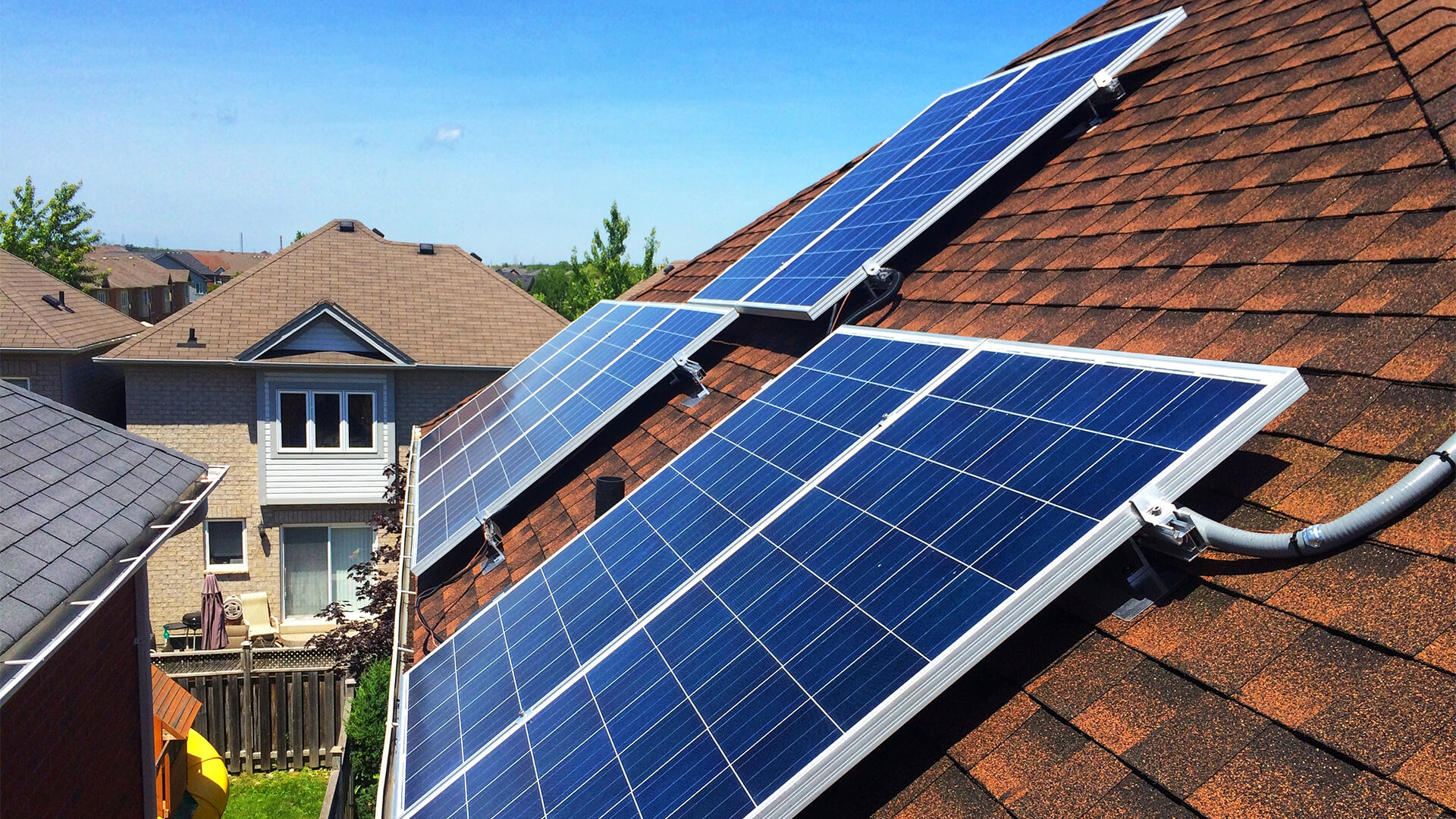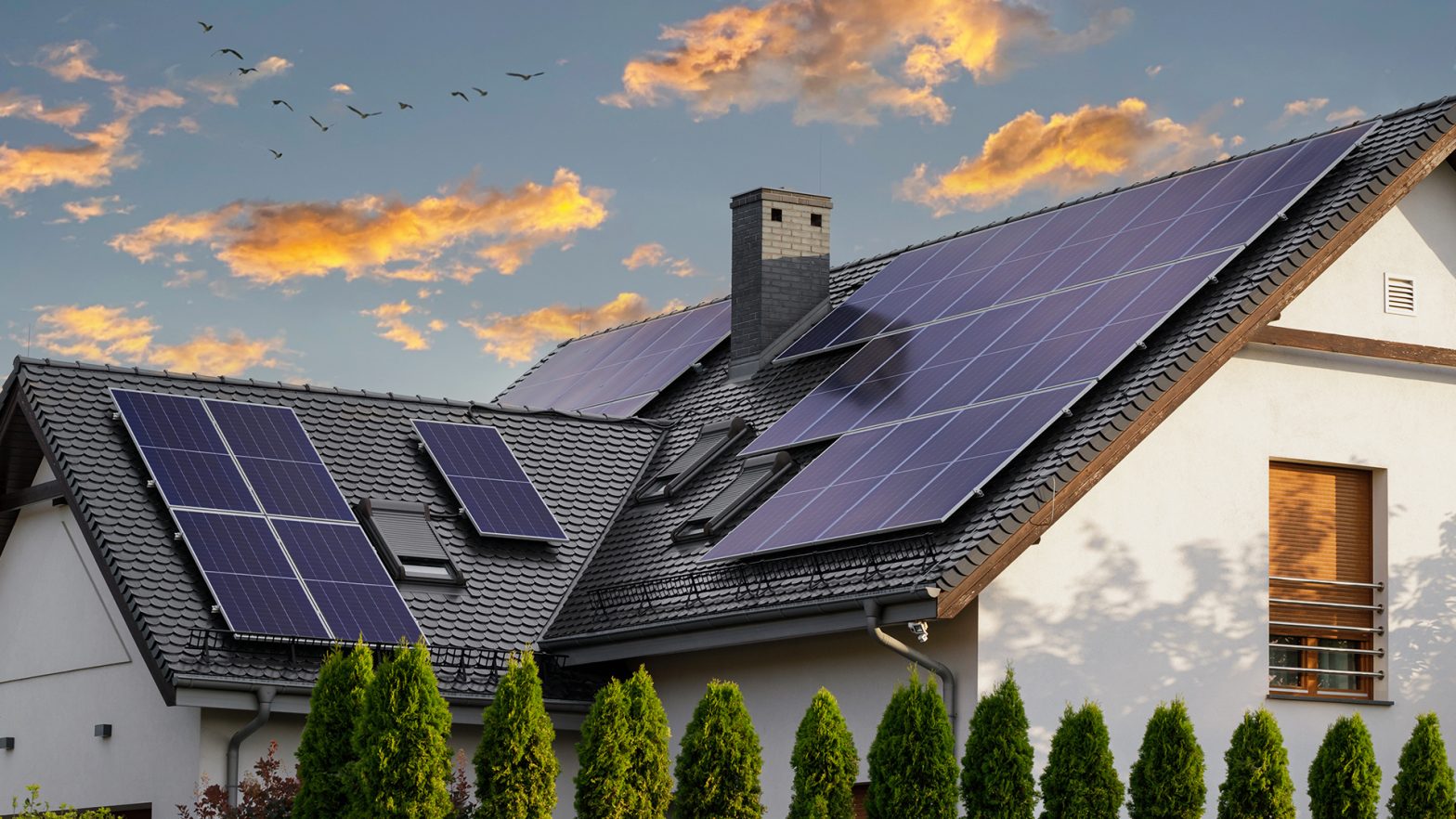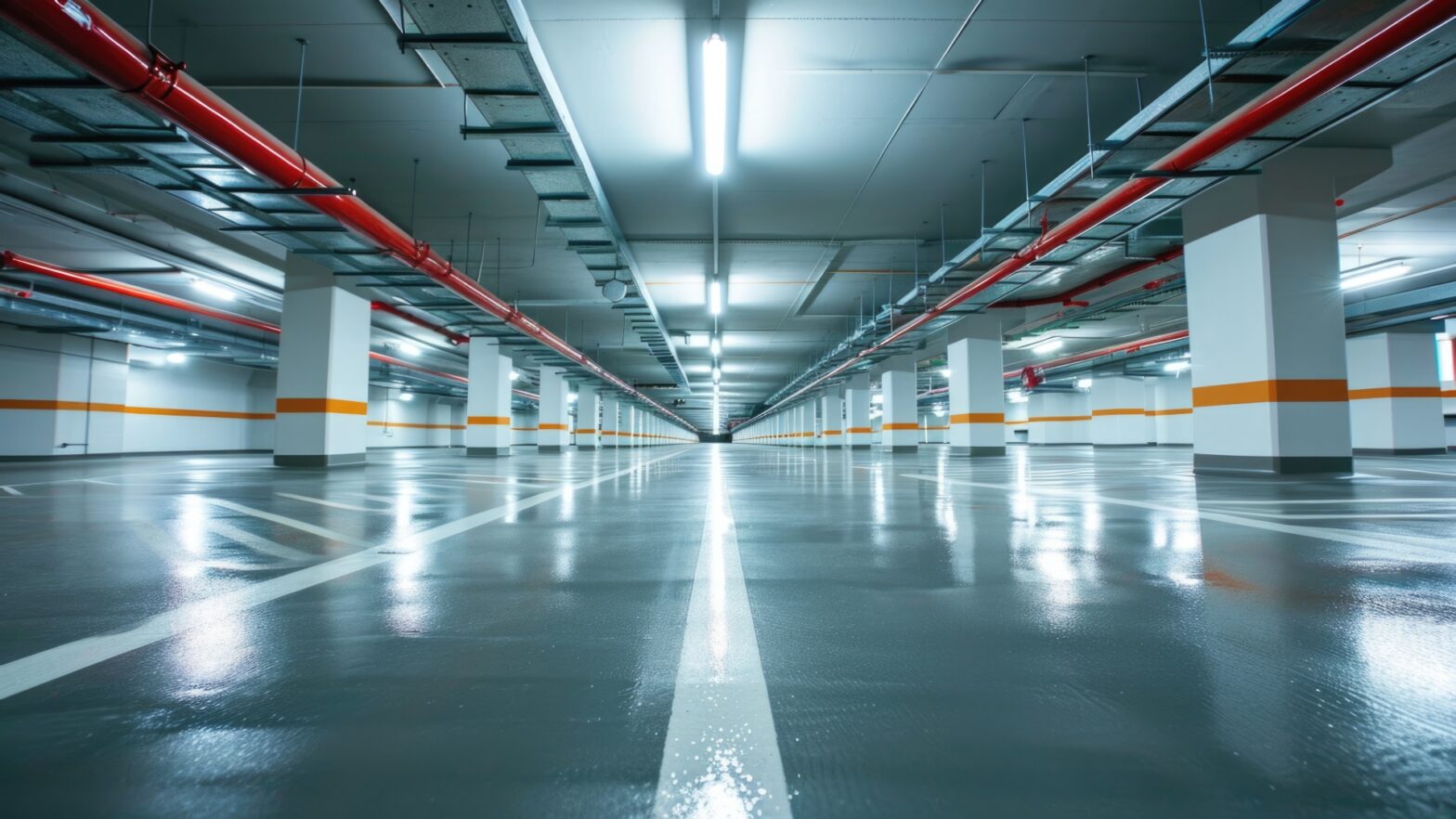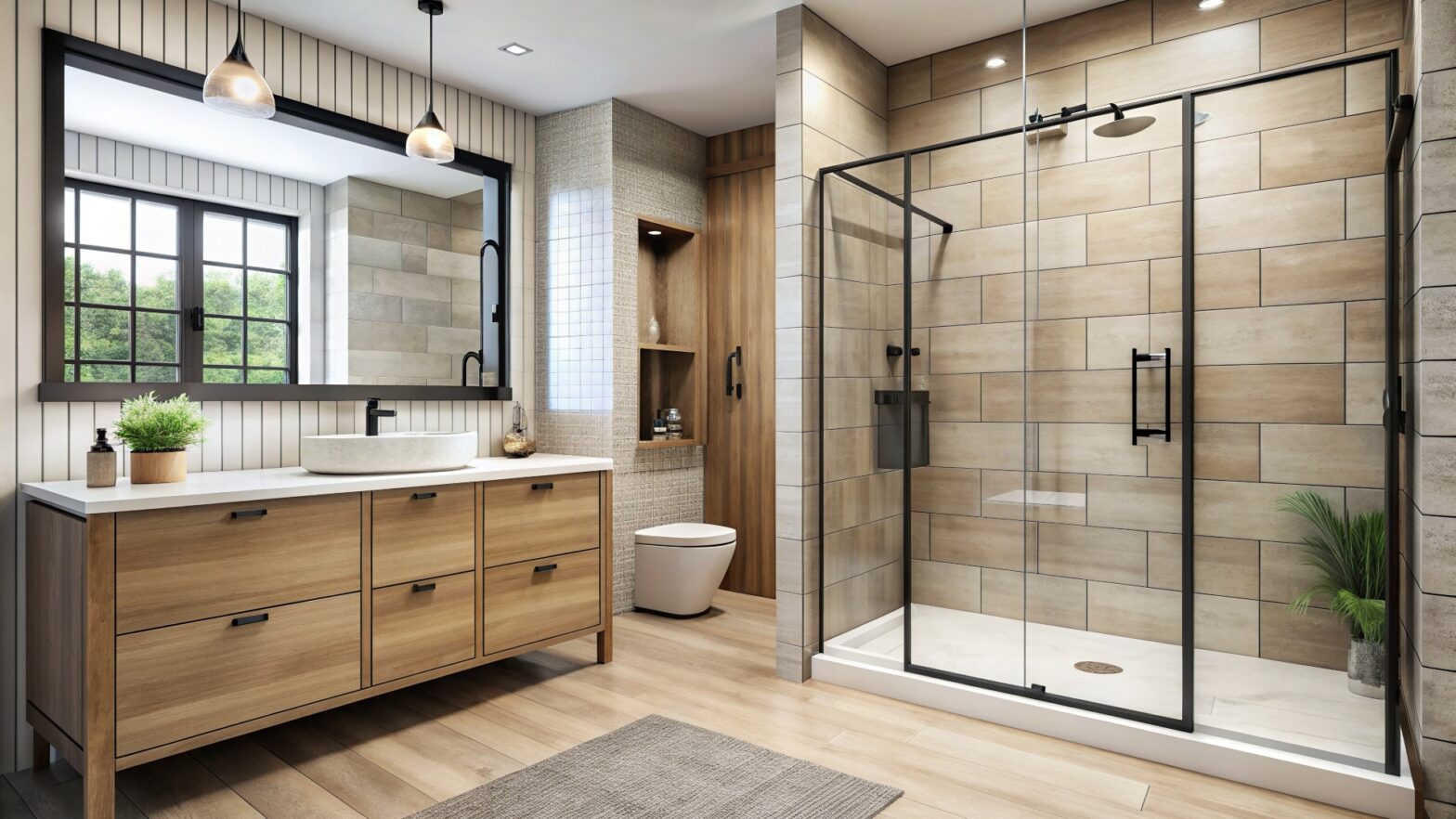As most homeowners are becoming increasingly aware of the negative impact of global warming, they’re more inclined to install a solar panel system in their homes. Solar energy is cleaner, renewable, sustainable, and therefore more environmentally friendly. Although it entails a significant initial investment, it’s more cost-effective in the long run. It’s an excellent choice for any household that wants to reduce its impact on the environment and save on electricity costs.
The stated benefits of installing solar panels are probably more than enough to convince you to get your own. However, there are several factors to consider. You need to narrow down your budgetary and energy production goals, then filter through your available options to get the perfect solar panels for your home.
Below are the factors you need to consider in choosing the best solar panels:
1. Solar Panel Type
Innovations in solar energy technology have made it possible for homeowners to power their homes with various panels. There are three types of solar panels, each with its pros and cons. They are:
- Monocrystalline Panels: These are the most efficient but most expensive solar panels.
- Polycrystalline Panels: These panels have lower efficiency than monocrystalline panels, but they’re more affordable.
- Amorphous Panels: Also called thin-film solar panels, amorphous panels are the least efficient solar panel type, but they’re affordable, lightweight, and more flexible than monocrystalline and polycrystalline panels.
2. Price
Having a solar panel system is a considerable investment, so you need to choose wisely. The cheapest solar panels might indicate poor quality. But if you want to go for premium quality and highly efficient solar panels, these will come at a much higher price.
Therefore, you need to look for a solar panel that suits your needs and budget. You may check out Solar Run’s buying guide for the price of solar panels and additional information.
3. Quality
Choosing a high-quality solar panel is crucial to ensure optimal performance and output. You can determine the quality of a solar panel by checking its warranty, the manufacturer’s reputation, customer reviews, and its technical specifications like power tolerance, efficiency, and temperature coefficient.
For example, a 20-year warranty can be a reasonable indicator of a good-quality solar panel.
4. Durability
You need to have a durable solar panel since it’ll be exposed to different weather conditions. Moreover, it should be able to withstand severe weather conditions or the impact of falling objects like tree branches.
You can also lower your carbon footprint by choosing a durable solar panel because it would take an average of 25-30 years before you’d need a replacement. To extend their lifespan, you have to clean your solar panels occasionally.
5. Temperature Tolerance
Temperature tolerance refers to how adequately a solar panel can operate when exposed to heat. Most solar panels typically have a coefficient of –0.2% to –0.5% °C. However, other solar panels can withstand higher temperatures without compromising performance.
The ideal solar panel should have a high thermo-tolerance degree to maintain its optimal performance even in warmer climates.
6. Panel Size
It’s also crucial to pay attention to the panel size when choosing your ideal solar panel. Solar panels with larger panels tend to generate more electricity, an advantage to homeowners with high energy usage. They’re also typically more durable and can be easily installed. However, large panels tend to be more expensive.
7. Panel Production
Panel production refers to the efficiency and output rating of your solar panel. Efficiency refers to the amount of electricity the solar panel produces from the power it gets from the sun. A more efficient solar panel produces more kilowatt-hours of electricity per watt of power capacity.
Also, the amount of light your solar panel receives would determine how much electricity it produces and its effectiveness in meeting your needs.
Additionally, you have to consider the output rating, which represents the number of watts the solar panel would produce under ideal situations. Most solar panels range from 250 to 400 watts. The higher the wattage, the more electricity produced per panel.
Conclusion
Installing a solar panel system is ideal for households looking to lower their energy costs and take control of their power consumption. However, you need to have the right solar panels to reap the full benefits of a renewable energy source.
You might find it daunting to choose solar panels as they’re a hefty investment. But fret not, as the tips highlighted above should guide you in making the best choice of solar panels for your home.
































